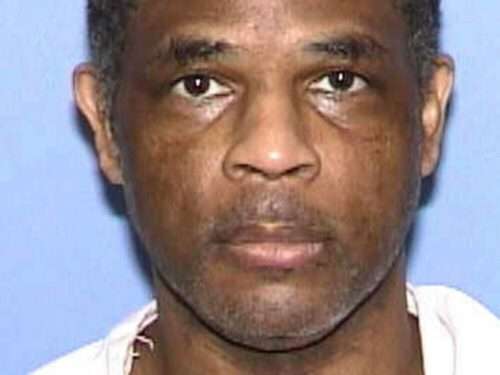Cleve Foster Texas Execution
Cleve Foster was executed by the State of Texas for the sexual assault and murder of a woman. According to court documents Cleve Foster and Sheldon Ward would kidnap, sexually assault and murder the woman. Both Cleve Foster and Sheldon Ward would be convicted and sentenced to death. Sheldon Ward would die from a brain … Read more








